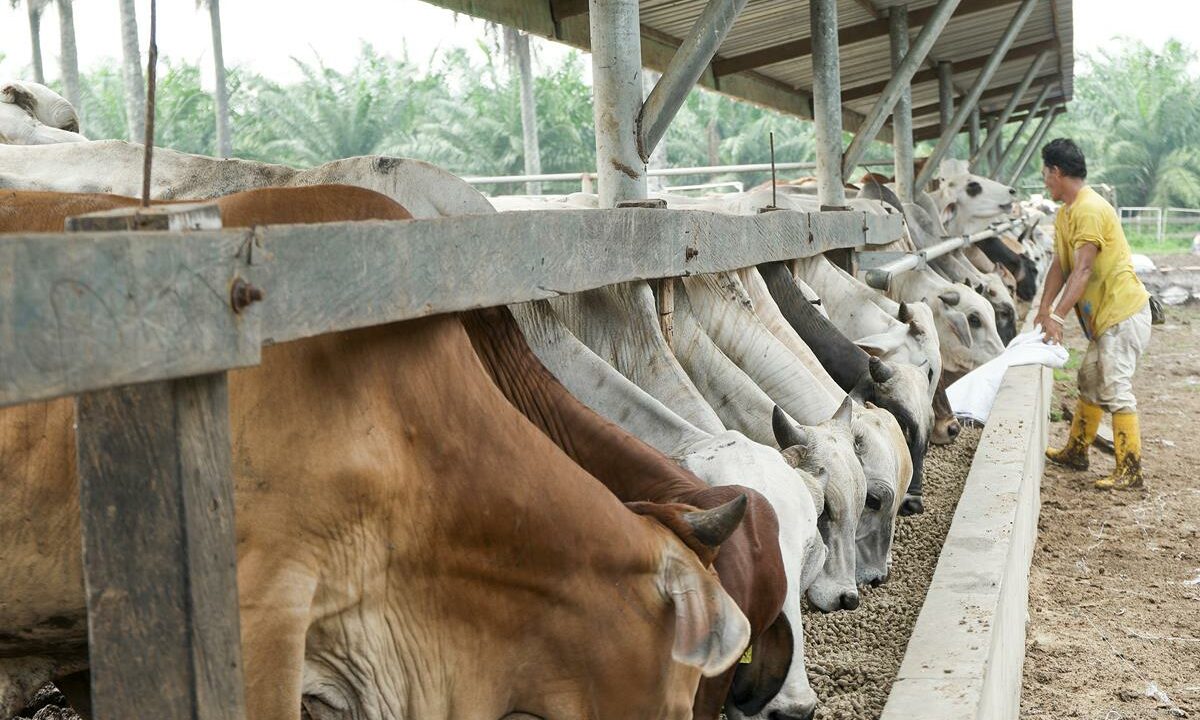The case of bovine spongiform encephalopathy (BSE) discovered in Brazil last month is an atypical case of the disease, the country’s agriculture ministry has said.
Authorities in the South American country confirmed a case of BSE – or mad cow disease – in late-February, and subsequently suspended beef exports to China.
The World Organisation for Animal Health (OIE) was alerted. Samples from the nine-year-old male animal – discovered on a “small property” in the state of Para, in the north of the country – were sent to an OIE reference laboratory in Alberta, Canada, which conducted tests to confirm if this case is classical or atypical.
Brazil’s Ministry of Agriculture and Livestock has now said that this reference laboratory reported that this is the atypical form of the disease.
Unlike classical BSE, atypical BSE has been identified more recently and is thought to occur spontaneously and sporadically in older animals, with a low incidence rate.
Brazil’s agriculture minister Carlos Favaro has communicated the result of the testing to Chinese authorities, the ministry said.
When that process is complete, Brazilian officials will hold a virtual meeting with their Chinese counterparts to progress the return of Brazilian beef to the Chinese market.
Favaro commented: “I emphasise that speed, efficiency and transparency…is fundamental. I thank our team and the governor of Para…who allowed us to act quickly from the identification of the case.”
The ministry said that it is “immediately adopting measures, in accordance with health protocols, so that Brazilian beef exports are re-established as soon as possible”.
In Ireland, farm organisations have suggested that the suspension of Brazilian beef exports to China could be an opportunity for Irish beef.
However, it is not expected that Brazil will be locked out of the Chinese beef market for a considerable period of time.
Senior manager of Bord Bia’s Meat and Livestock Team, Joe Burke, recently commented: “Based on past experience and its importance as a beef supplier to China, Brazil is unlikely to be excluded from the Chinese beef market for very long.”
Brazil accounted for more than 40% of total beef imports to China in 2022.
